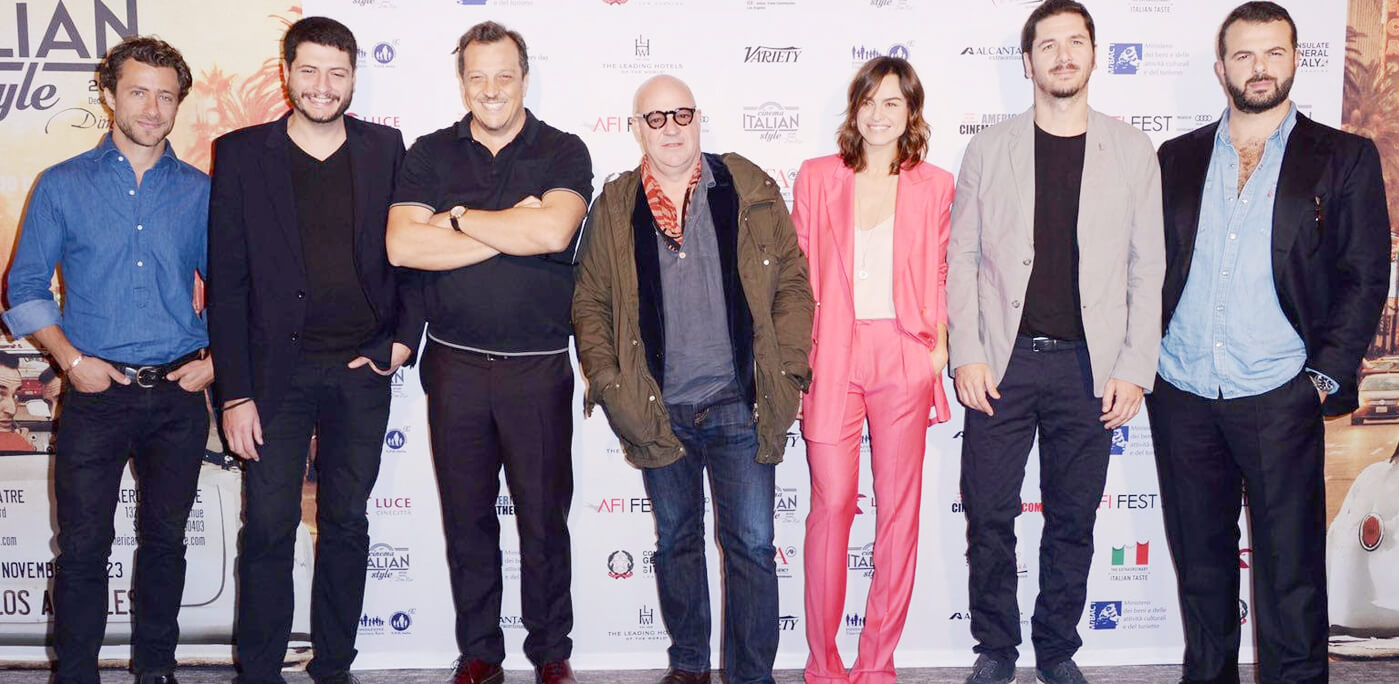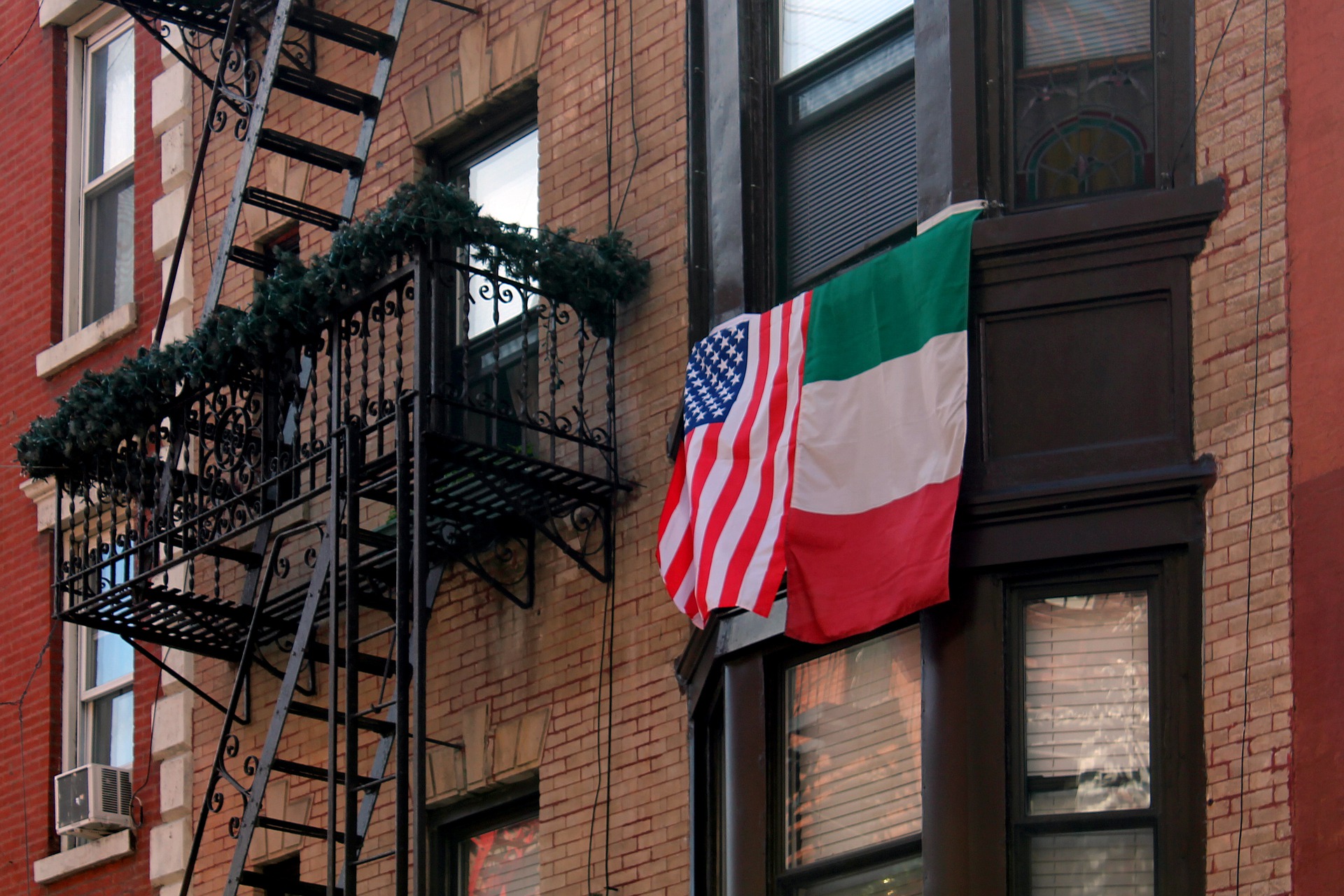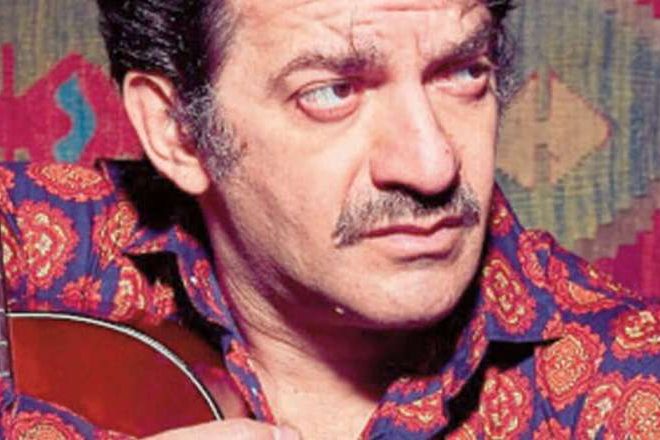It just ended in Los Angeles, the 12th edition of Cinema Italian Style – annual showcase of Italian films by the most talented filmmakers operating in Italy – that, this year, celebrated also Dino Risi’s centennial, through a special screening of the restored version of the maestro’s, Il Sorpasso (aka The Easy Life, 1962).
As I stepped into the press conference that officially kicked off the film festival on November 16th, I immediately noticed how, compared to last year’s substantial female presence, this year, only Polish-born actress Kasia Smutniak was representing women’s contribution to the seventh art.
I stress out this, with the intention not to criticize the choices of the festival’s artistic curator, Laura Delli Colli and her team, but, on the contrary, to praise their programmatic vision and efforts to “shed skin” at every edition and to give visibility to the full spectrum of Italian talent.
In the 2016 edition, alongside more “mature” filmmakers, the likes of Ivan Cotroneo, Gabriele Muccino and Gianfranco Rosi, whose searing documentary, Fire at Sea – about the limbo faced by waves of refugees and immigrants on the Sicilian island of Lampedusa – is representing Italy in the Oscars’ race, there was an Italian “Nouvelle Vague”, in the words of Rosi’s himself, made up of very talented young filmmakers, such as Claudio Giovannesi, Gabriele Mainetti, Edoardo De Angelis and Francesco Carrozzini.
Here is a conversation I’ve had with filmmaker and jazz musician, Claudio Giovannesi, whose latest film, Fiore, was screened last Sunday’s night at the Aero Theatre in Santa Monica.
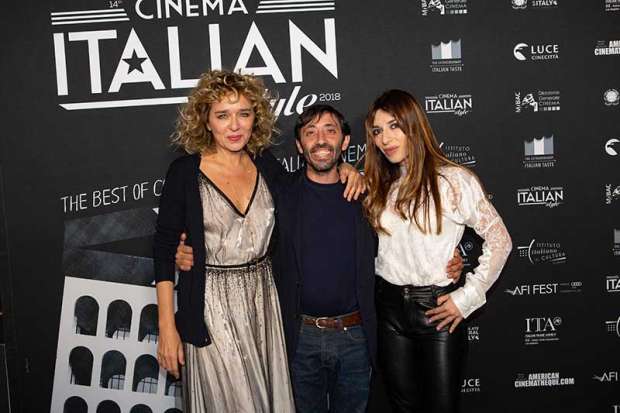
Alongside your talent and passion for film-making, you studied jazz guitar at the Saint Louis Music Center in Rome and scored your own movies. What stirred your love for music?
My love for music goes back long time before the one for film-making. As a child, I studied classical guitar, before turning into jazz.
Later on, when I started working as a filmmaker, striving for my feature film debut, I used to make ends meet, playing jazz music and bossa nova, accompanied by a saxophonist, in small jazz clubs in Rome.
When I started shooting my own films, it came natural to compose the soundtrack that would match the images.
Over time, I’ve been choosing to limit my scores to the least. My last film, Fiore, features only two musical pieces of mine. That’s because I currently prefer pure images, without music to underline them.
Since your feature film debut, you stood out for a personal style that blends documentary with fictional elements. What’s your main source of inspiration?
My main source of inspiration is always reality, particularly places – in the case of Fiore, one of Rome’s youth detention centers – and people I meet.
The main characters in Fiore are a teenage girl and a boy, whose love is forbidden, because males and females cannot get together in prison.
My inspiration comes from real people, whom I have the chance to get to know, without any judgement or preconception.
I read that Pier Paolo Pasolini was one of your sources of inspiration for your successful second feature film, Alì Blue Eyes. Could you expand on that?
Pasolini, one of the greatest poets, intellectuals and filmmaker of last century, represents to me more than a mere source of inspiration.
In Alì Blue Eyes, there is a direct quote from Pasolini’s poem, Profezia (“Prophecy”), that, in the 1960s, was able to foreshadow our contemporary multicultural and diverse society, by portraying a blue-eyed boy coming to Italy from North Africa.
The curious coincidence, that brought me to choose a similar main character for my film, came from the fortuitous encounter with a second generation Italian-Egyptian boy, who used to wear blue contact lenses to feel more integrated.
In conclusion, please tell us more about your third and latest feature film, Fiore, that was in competition at the Cannes Film Festival, and you’re now presenting at Cinema Italian Style in L.A.
Fiore originated by my desire to tell a romance. As Shakespeare teaches us, there is no love story, without an obstacle.
When I learned that in Rome there is this youth detention center, where males and females are not allowed to meet and talk to one another, I conceived the idea for my movie. We follow the universal theme of love, through the eyes of Dafne, a detained female teenager.
My film doesn’t deal with the theme of culpability. In fact, despite these teenagers are guilt before the law, their feelings of love and friendship are “innocent,” but forbidden.
As I had just completed Fiore, it premiered at the Cannes Film Festival, so that was a very special occasion.
With Cinema Italian Style, a very clever showcase of Italian cinema in L.A., I’m happy to introduce my film to the US audience.
And here is filmmaker Gabriele Mainetti’s artistic path towards his long-awaited feature film debut, They called me Jeeg, screened on the same night and venue as Giovannesi’s film.
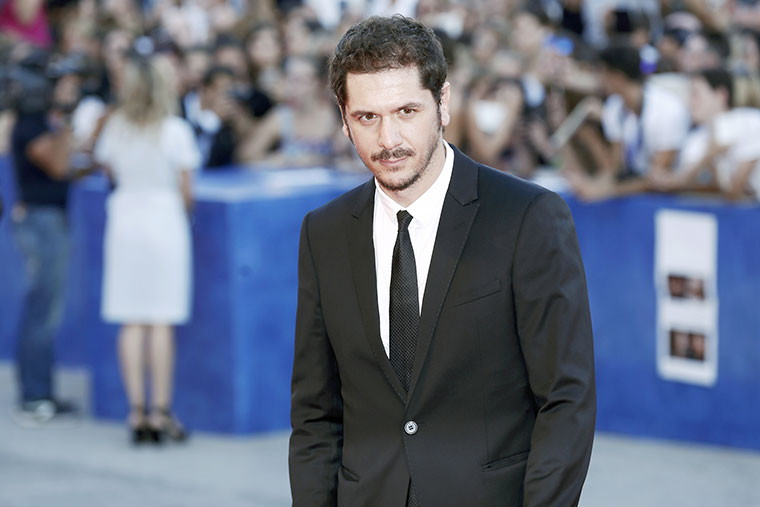
Please, tell us more about your first taste of the US way of film-making, during your studies at the Tisch School of the Arts (NYC). Do you feel that today you’re still influenced by what you learned back then?
Before my US experience, I had realized some short films in Italy. However, I felt a deep reverence towards the great American cinema.
I decided to come to study in the States, to reinforce my skills, but I was not expecting to learn anything new. If anything, I wanted to debunk the aura around the US way of making movies.
The opportunity at the Tisch School, gave me a real taste of working on set and the hands-on skills of operating a camera, that were missing from the Italian way of teaching film-making.
On the one hand, I reinforced my technical skills, and, on the other hand, I let go off the film theories and philosophies, disseminated in the Italian way of approaching cinema.
As I went back to Italy, I realized how it is really unfortunate that we, as Italians, have a vast knowledge and infinite potential, but we are always stuck within the same old perspective on cinema.
How do you feel about your acting debut, side by side to Elio Germano in Il cielo in una stanza (1999), and your acting career as a whole?
That was a very long time ago. My first approach to cinema happened through screenwriting. From there, I decided to take a stage class, because I deemed essential to perfect and deepen my writing of well-rounded characters.
Upon completion of my studies at the theater school, I quickly started to work professionally. My first big opportunity came with Il cielo in una stanza, in which I starred opposite Elio Germano. He was one hundred percent focused on acting, while I was already more drawn towards direction.
In retrospective, my acting experience helped me in the direction of actors on set, but it slowed down my path towards directing my first feature film.
My life’s turning point came at 33 years of age, as I was playing the role of an introverted and instinctive cop in the Italian TV series, Tutti per Bruno. I fully realized then that I didn’t like to act, despite that role opened up a plethora of opportunities to me.
Since then, I completely set aside my acting career and focused one hundred percent on directing. I realized over ten shorts, more than any other fellow film-makers that I know of, as my friend actors were pushing me more and more to venture into my long-awaited feature film directorial debut.
You’re presenting your latest film, They call me Jeeg, at the Cinema Italian Style film festival in L.A. Your innovative work, that has been receiving awards and raving reviews, is certainly a trailblazer in Italy. How do you think US audience is going to respond to your interpretation of the superhero genre, which it is so familiar with?
It’s really hard to tell how the US audience is going to react to my work. They call me Jeeg, scheduled to be distributed in the States in 2017, has had encouraging previews in New York City.
In my opinion, my film’s early positive reaction is partly due to the fact that North Americans feel close to superheroes, as a familiar aspect of their culture. Therefore, they are not scared off by a type of cinema often times very politically active, like the Italian one.
On the other hand, however, since the Hollywood Studio System has gained such an undiscussed superiority in this genre, people may deem, as something silly and worthless, an Italian film dealing with superheroes.
I’m hearing positive feedback, beyond expectations, from the people who had a chance to watch the film in NYC, but also from several US producers, who cannot believe the fact that, despite dealing with superpowers, my characters are more real than the ones, featured in Italian “realistic” social dramas.
Whenever two cinematic cultures meet, like what I hope has happened with They call me Jeeg, it’s essential for any European filmmaker to not lose its identity and artistic view. There must be an original blend between cultures, and never a clash.

